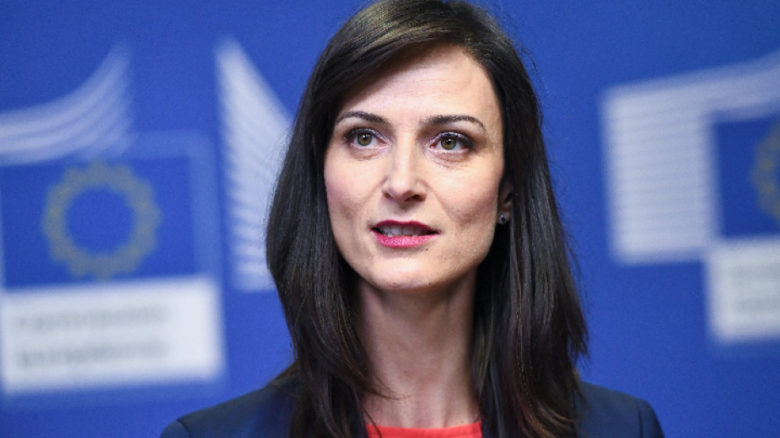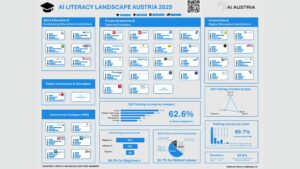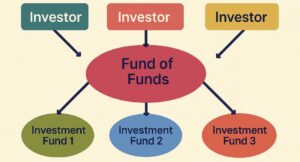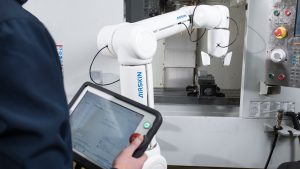Act Now: EU’s Maria Gabriel Urges Innovation Investment in post-COVID recovery

Research and innovation (R&I) in our post-Covid recovery strategies is a once-in-a-generation opportunity we should seize, said Maria Gabriel, EU Commissioner for Innovation, Research, Culture, Education, and Youth. In an original article published by Europost, she stressed the vital contribution of science and technologies in the world’s efforts to step on its feet after the COVID 19 pandemic and outlined the record EU funding available at hand.
Scientific innovation defines the global response to COVID 19
Early work on understanding the virus and tracking the pandemic has showcased the huge role of science and innovation in preserving the world that we live in, said Gabriel. This vital role goes beyond pure medical science, spreading into the realm of artificial intelligence used to recreate the virus’ genome sequence and 3D printing.
Still, according to Gabriel, governments have mixed results in drawing the vital lessons of the COVID 19 challenge in terms of ensuring a green and digital post-virus recovery. For sure, there is no shortage of political determination and there are huge financial resources at hand in the form of the €1,750bn in the EU financial settlement for the next 7 years, including almost
€100bn for the largest ever R&I framework program Horizon Europe
Still, recent figures from the European Investment Bank show that the pandemic has led to alarming reductions in private R&I investments and risks similar cuts in public R&I spending, warned Gabriel. Gabriel urged governments to lead the way in reversing this trend, consistent with the EU R&I investment target of 3% of GDP.
On a positive note, the EU commissioner cited the recent closure of a EUR 1 billion call for R&I proposals directly linked to the EU Green Deal delivery. The call was twenty-times oversubscribed attracting over 1,500 responses with similarly encouraging results expected for the new Innovation Fund focused on climate action and greenhouse gas reductions. Furthermore, the EUR 675 billion Recovery and Resilience Facility (RRF) will provide early support to EU countries’ post-COVID investment and reform strategies, creating synergies with other EU financial programs like the structural funds in support of the green and digital transition.
Bridging innovation gap between EU member states
Gabriel said the EU was working with the Member States on national Recovery and Resilience Plans to maximize the impact of these investments and their support for reform plans. An important goal is to address persistent challenges and bridge the innovation divide between the individual EU members.
“And there are some encouraging results,” noted Gabriel, citing the Czech Republic’s plans to invest around EUR 72 million over three years in seed capital to support early-stage projects and technology start-up companies.
Croatia, in turn, plans to set up a EUR 10 million Regional Technology Transfer Fund to improve the work of the existing Technology Transfer Offices and pave the way for the creation of new ones.
Slovakia will mobilize increased funding to support stronger linkages between science and businesses, including start-ups, by financing collaborative projects in this area.




























